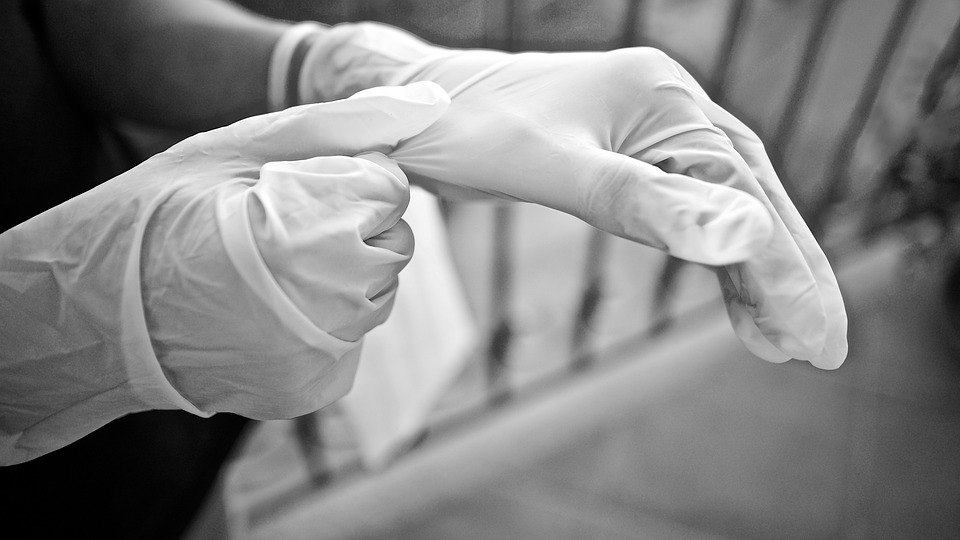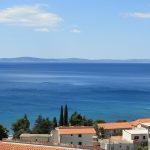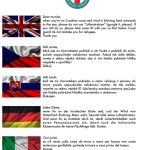
As Poslovni Dnevnik/Bruno Lipej writes on the 1st of July, 2020, after two weeks, the director of the Croatian Institute of Public Health, Krunoslav Capak, has come out of self-isolation.
”I did my fifteen days of self-isolation. My contact that made us all need self-isolation amounted to fifteen days. Yesterday was my last day of self-isolation. I tested myself as soon as I found out I was in contact with a positive person and I was negative. I was tested again yesterday and I’m still negative. I had no symptoms and I worked all the time. None of that group of about twenty of us, including people working for the media, fell ill. We, the health professionals, have been tested and no one is positive,” Capak said in conversation with Dnevnik Nova TV.
When asked if Croatia opened the borders with Bosnia and Herzegovina because of the elections which are due to take place this Sunday, he answered that he is in charge only of the epidemiological aspects.
“What I can say epidemiologically is that the increase in the number of cases in the last ten days have been imported from Bosnia and Herzegovina, Serbia and Kosovo. The case in Djakovo is related to Kosovo. When we saw that this was the situation, we proposed epidemiologically that somewhat stricter measures be introduced at the borders, and one of the measures is self-isolation, which was introduced,” explained Krunoslav Capak.
“It happened that this decision, which was changed today, was made in March, and then it was stated that it was valid until June the 30th. These measures were left when we changed them a few days ago, it was left valid until June the 30th, so we’ll see. This coincided with the decisions of the European Commission, which is opening its borders to countries that are ”third countries”. So, not towards the countries of the European Union, but towards third countries,” he added.
He believes that the situation in Bosnia and Herzegovina is calming down, even though they have a lot of patients, but that it takes time.
“We think we’ve targeted who we need to test well, and that is if we suspect them, if they have respiratory symptoms or a fever or have had risky contact with a lot of other contacts, and then we resolve the epidemiological situation that way,” he said in regard to Croatia’s protocols for coronavirus testing.
What awaits us in the autumn?
“If the virus doesn’t change or disappear in the meantime, in the autumn, when it gets cold and we all spend more time indoors, where the concentration of the virus is higher, it will certainly be easier to transmit the coronavirus infection. In addition, it will coincide with the season of other respiratory infections, including the flu. Then, we’ll have a much more difficult situation on our hands than we have now. There will be a much higher number of infected people and it will be much harder because they’ll interpolate with other respiratory infections, too,” Krunoslav Capak warned.
“As far as vaccinations are concerned, we’re taking measures to try to get the vaccine earlier this year than we were before, but we’re a small country and a small client, so it’s difficult to break in among the first places when delivering flu vaccines, but we’re working intensively on it and hope that we will succeed,” he added.
For more on coronavirus in Croatia, follow our dedicated section.







